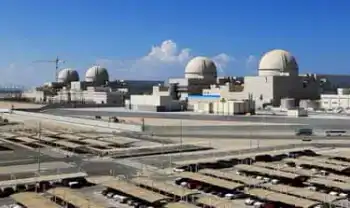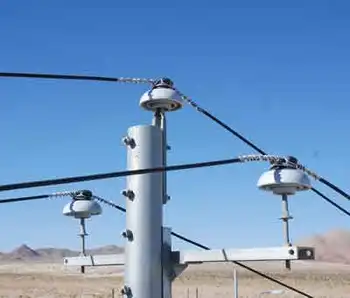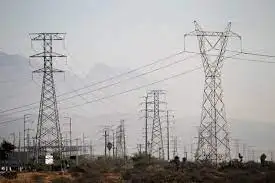IAEA blocks Iran reactor aid over plutonium risk
VIENNA, AUSTRIA - The U.N. nuclear watchdog's board of governors indefinitely blocked Iran's bid for technical aid for a reactor project over fears it could be secretly used to yield bomb-grade plutonium.
But diplomats said the ruling, which the International Atomic Energy Agency's board adopted by consensus after days of haggling between industrialized and developing nations, left a theoretical possibility of revisiting Iran's request in future.
In a compromise hammered out in negotiations ahead of the board meeting, Iranian requests for IAEA technical assistance on seven other nuclear energy projects judged not to pose a risk of being diverted to bomb-making were approved by the board.
Tehran says its nuclear energy agenda, anchored on enrichment of uranium, is limited to generating electricity or, in the case of the Arak reactor project, radio-isotopes for medical ends.
The United States, European and other allies fear the Islamic Republic's professed civilian nuclear program is a cover for building bombs to imperil Israel and Western interests in the Middle East, and are seeking U.N. sanctions on Tehran.
The Vienna-based session of 35 nation board was also examining a November 8 report by IAEA chief Mohamed ElBaradei delineating Iran's continued stonewalling of agency investigations dating back three years.
ElBaradei told the board meeting, however, that Iran had just agreed to let IAEA inspectors take further environmental samples from equipment where they previously found unexplained traces of highly enriched - or weapons-quality - uranium.
He said Iran also agreed to provide inspectors access to operating records at its pilot uranium enrichment plant at Natanz after a prolonged refusal to do so.
"These are steps in the right direction," ElBaradei said.
"The earlier Iran takes the remaining transparency measures and addresses the outstanding issues, the earlier the agency will be in a position to provide the needed assurances that are key to restoring international confidence regarding the scope and nature of Iran's nuclear program," he added.
Some Western states on the IAEA board had sought to have Iran's case for safety expertise in building its Arak reactor, due for completion in 2009, explicitly barred for good.
Gregory Schulte, the U.S. ambassador to the IAEA, said a permanent ban on aid for Arak was effectively achieved.
"The Arak project was not deferred, not put on hold, it was removed entirely from the IAEA program," he told reporters.
"The removal... reflects the board's continued concern about the nature of Iran's program and intentions of its leaders."
But to obtain consensus prized in the IAEA's global culture, the language used in the package of Iranian projects submitted to the board was ambiguous enough to denote "deferral", not outright rejection, of Arak, other diplomats said.
A source familiar with IAEA operations said deleting Arak from the approved list of 820 projects in 115 nations meant it could theoretically be resubmitted with the next batch of technical cooperation projects to the board in 2008.
"But most countries that this issue will just go away," the source said.
Diplomats from developing nations feared an explicit rejection would set a "politicized" precedent calling into question their chances of getting aid for atomic power programs they are pursuing.
IAEA board approval of such aid had been routine for many years until Arak raised a storm. Iran intends to bring Arak on line in 2009, whether it gets IAEA safety advice or not.
"If they help us, we will appreciate it. If not, we will do it by ourselves," Foreign Minister Manouchehr Mottaki told reporters shortly before the board announced its decision.
Related News

Iraq plans nuclear power plants to tackle electricity shortage
BAGHDAD - Iraq is working on a plan to build nuclear reactors as the electricity-starved petrostate seeks to end the widespread blackouts that have sparked social unrest.
OPEC’s No. 2 oil producer – already suffering from power shortages and insufficient investment in aging plants – needs to meet an expected 50% jump in demand by the end of the decade. Building atomic plants could help to close the supply gap, though the country will face significant financial and geopolitical challenges in bringing its plan to fruition.
Iraq seeks to build eight reactors capable of producing about 11 gigawatts, said Kamal Hussain Latif,…




